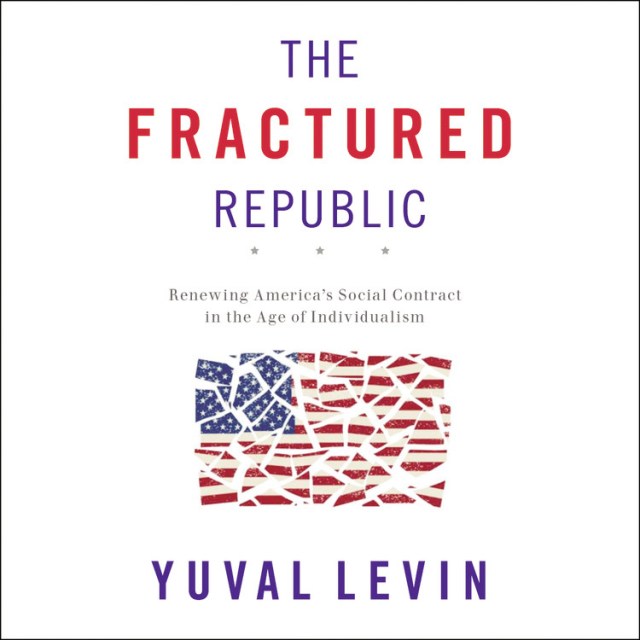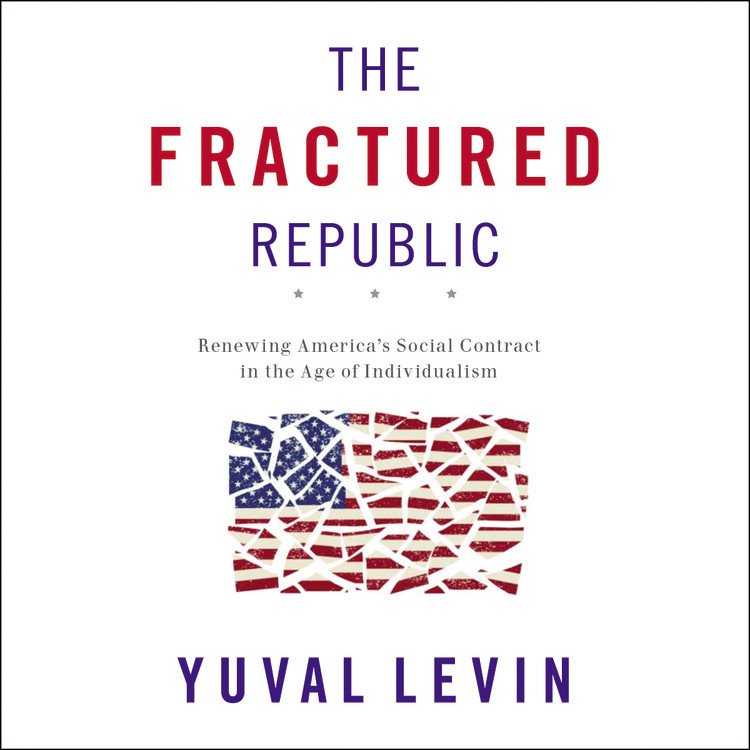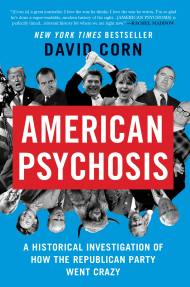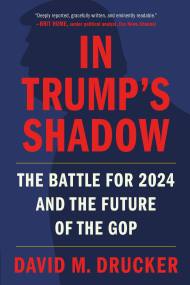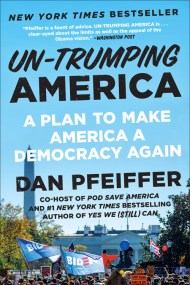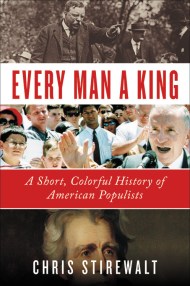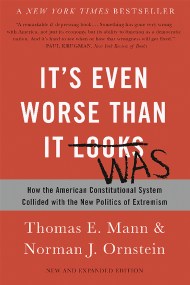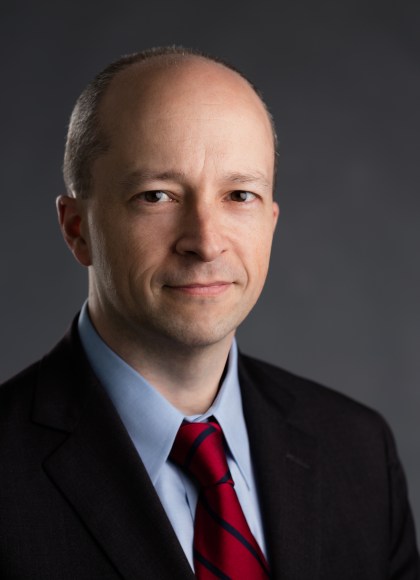
The Fractured Republic
Renewing America's Social Contract in the Age of Individualism
Contributors
By Yuval Levin
Read by Kevin T. Collins
Formats and Prices
Format
Format:
- Audiobook Download (Unabridged)
- ebook (Revised) $11.99 $15.99 CAD
- Hardcover $27.50 $35.99 CAD
- Trade Paperback (Revised) $18.99 $23.99 CAD
Also available from:
Americans today are frustrated and anxious. Our economy is sluggish and leaves workers insecure. Income inequality, cultural divisions, and political polarization increasingly pull us apart. Our governing institutions often seem paralyzed. And our politics has failed to rise to these challenges.
No wonder, then, that Americans – and the politicians who represent them – are overwhelmingly nostalgic for a better time. The Left looks back to the middle of the twentieth century, when unions were strong, large public programs promised to solve pressing social problems, and the movements for racial integration and sexual equality were advancing. The Right looks back to the Reagan Era, when deregulation and lower taxes spurred the economy, cultural traditionalism seemed resurgent, and America was confident and optimistic. Each side thinks returning to its golden age could solve America’s problems.
In The Fractured Republic, Yuval Levin argues that this politics of nostalgia is failing twenty-first-century Americans. Both parties are blind to how America has changed over the past half century-as the large, consolidated institutions that once dominated our economy, politics, and culture have fragmented and become smaller, more diverse, and personalized. Individualism, dynamism, and liberalization have come at the cost of dwindling solidarity, cohesion, and social order. This has left us with more choices in every realm of life but less security, stability, and national unity.
Both our strengths and our weaknesses are therefore consequences of these changes. And the dysfunctions of our fragmented national life will need to be answered by the strengths of our decentralized, diverse, dynamic nation.
Levin argues that this calls for a modernizing politics that avoids both radical individualism and a centralizing statism and instead revives the middle layers of society – families and communities, schools and churches, charities and associations, local governments and markets. Through them, we can achieve not a single solution to the problems of our age, but multiple and tailored answers fitted to the daunting range of challenges we face and suited to enable an American revival.
-
Compelling... Yuval Levin has written an incisive and irenic critique of contemporary American society, together with a series of reflections that offer a way forward without trafficking in the false hope of 'solutions.' That he has done so in fewer than 250 pages of clear, well-organized prose ought to make the book famous for a generation. Maybe, in time, we can stop asking why the former days were better than these.Wall Street Journal
-
There are just a few essential reads if you want to understand the American social and political landscape today... Today, I'd add Yuval Levin's fantastic new book, The Fractured Republic... I learned something new on every page.New York Times, David Brooks
-
[Yuval Levin] explains the illusory appeal of nostalgia-driven politics in the United States, the kind that Trump strokes in coarse, simplistic terms. More important, [Levin] offers a path forward for the American right after this campaign, whether it is adjusting to life in Trump's America or coping again with another electoral setback.Washington Post
- On Sale
- Aug 23, 2016
- Publisher
- Hachette Audio
- ISBN-13
- 9781478944638
Newsletter Signup
By clicking ‘Sign Up,’ I acknowledge that I have read and agree to Hachette Book Group’s Privacy Policy and Terms of Use
